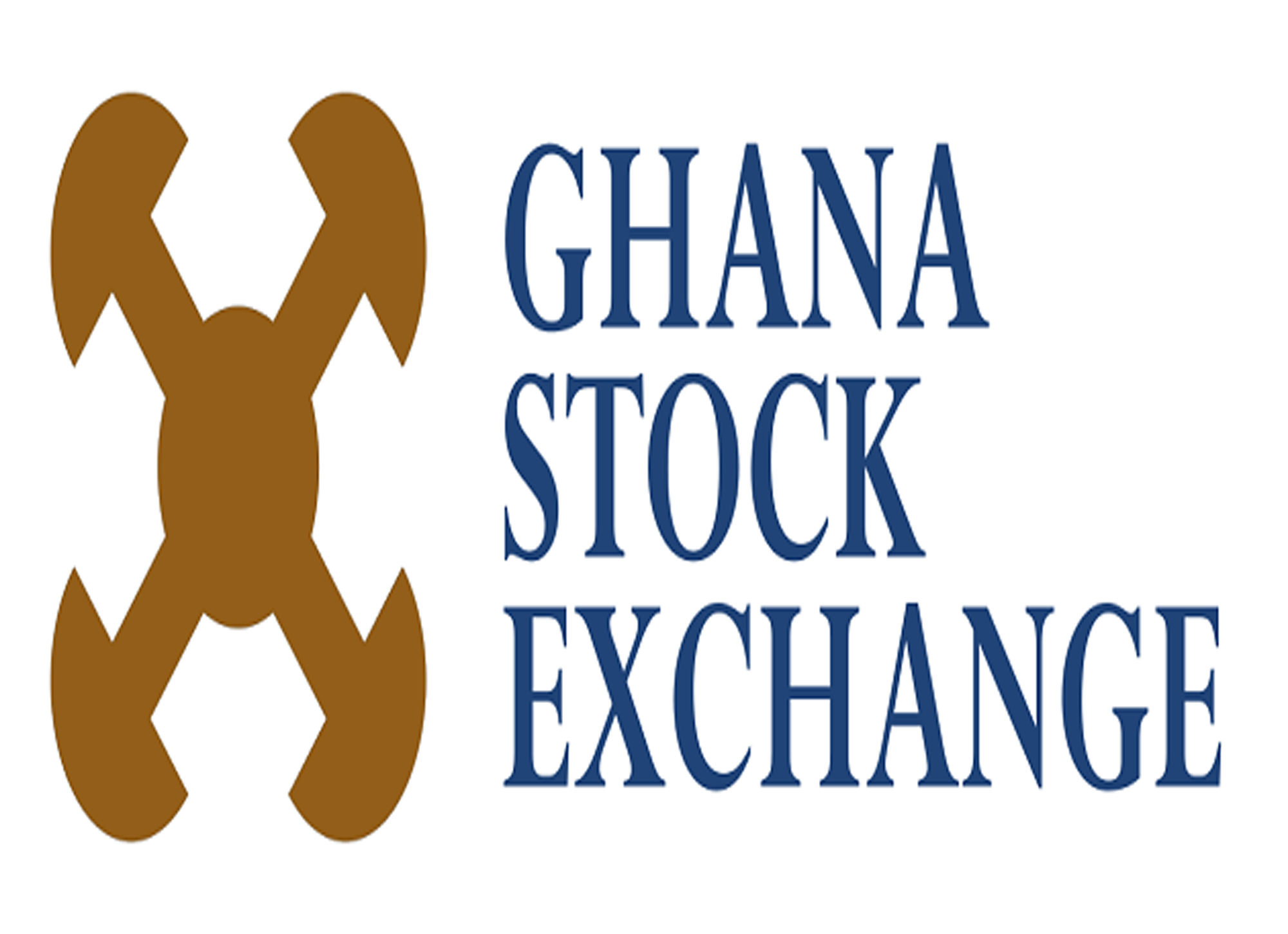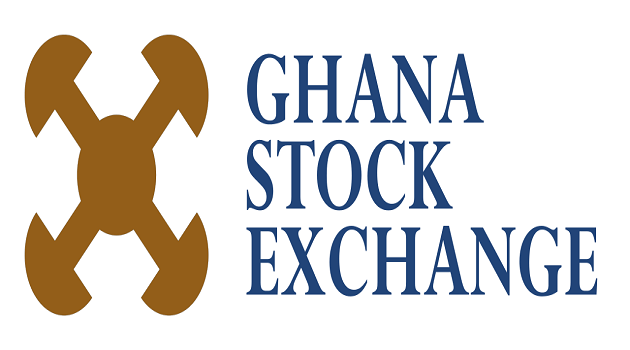Stock Market: There was sustained confidence in the Ghanaian stock market for the second consecutive week in 2017 as the benchmark index rose by 2.13%w/w to reflect a year-to-date gain of 2.76% on the back of the activity of value investors and bargain hunters who are picking up stocks with attractive valuations, and the potential to turn around their fortunes in the New Year. The top gainers were ETI (+30.00%w/w), EGH (+5.38%w/w) and GCB (+1.10%w/w).

The Ghanaian stock market has been down by 22.11% in the past 2 years and several stocks are now trading below their book valuations, making them attractive to value investors and bargain hunters. Coupled with the recent peaceful elections that reignited foreign investor confidence in the Ghanaian market, we have seen a recovery in the stock in the past five weeks. Although the downward trend in treasury yields could boost interest in the stock market, the recovery can only be sustained if investors believe that the incoming government has the capacity to build on recent macroeconomic gains to stimulate economic activity in 2017 and beyond.
Ghana Cedi: The cedi continued to depreciate steadily in line with our expectations on the back of strong seasonal corporate demand to settle bills and restock in the midst of low supply emanating inadequate fx reserves. The local currency weakened by 0.30%w/w (versus 0.35%w/w last week) in the second week of 2017 to close the week at GHS4.2275, reflecting a year-to-date depreciation of 0.65%.

We expect the local currency to continue to depreciate steadily this week on the back of strong demand and uncertainty on when Bank of Ghana would start its fortnightly fx auction in 2017. Ghana?s central bank is yet to release the foreign exchange (fx) auction calendar for the first quarter of 2017. In addition, we think that uncertainty on how potential policy changes by the new government could affect financial markets would continue to haunt the local currency in the short-term.
Treasury yields continue to trend downward in Ghana on the back of strong demand and favorable inflation outlook. However, treasury yields drop at a faster rate compared to inflation, which means that real interest rates are being squeezed and it is only a matter of time before investors start to search for alternative financial assets offering better yields. For instance, the real interest rates on the 91-Day and 182-Day bills dropped from 5.97% and 7.79% in the first week of October 2016 to 0.66% and 1.78% respectively this week. Money market, fixed income and balanced funds could post their lowest returns in several years in 2017 unless fund managers prioritize the search for their alpha, which could mean shifting funds from risk-free treasury securities into risky assets with higher yields. Consequently, we expect the demand for treasury securities to weaken in the coming months as investors and fund managers start to divert new funds into alternatives financial assets offering higher yields. Could the stock market also benefit from such a move?

Monetary Policy Committee (MPC) meeting: The MPC is scheduled to meet on Friday January 20, 2017 to review developments in the Ghanaian economy since the last meeting and set the tone for monetary policy direction going forward. This is coming on the back of sustained downward trend in inflation and treasury yields, driven by the ongoing implementation of a 3-year IMF financial assistance program. While the IMF program helped to reduce fiscal deficit and slowdown inflation, economic growth also slowed down considerably in 2016. And the MPC is likely to make a decision that would stimulate economic activity 2017 and boost GDP growth in 2017. Consequently, we expect the MPC to cut the policy rate for the second consecutive time by at least 50bps to lower lending rates and boost credit to the private sector to finance the new government?s ambitious industrialization policy of “one factory per District”.

Source: Doobia.com









